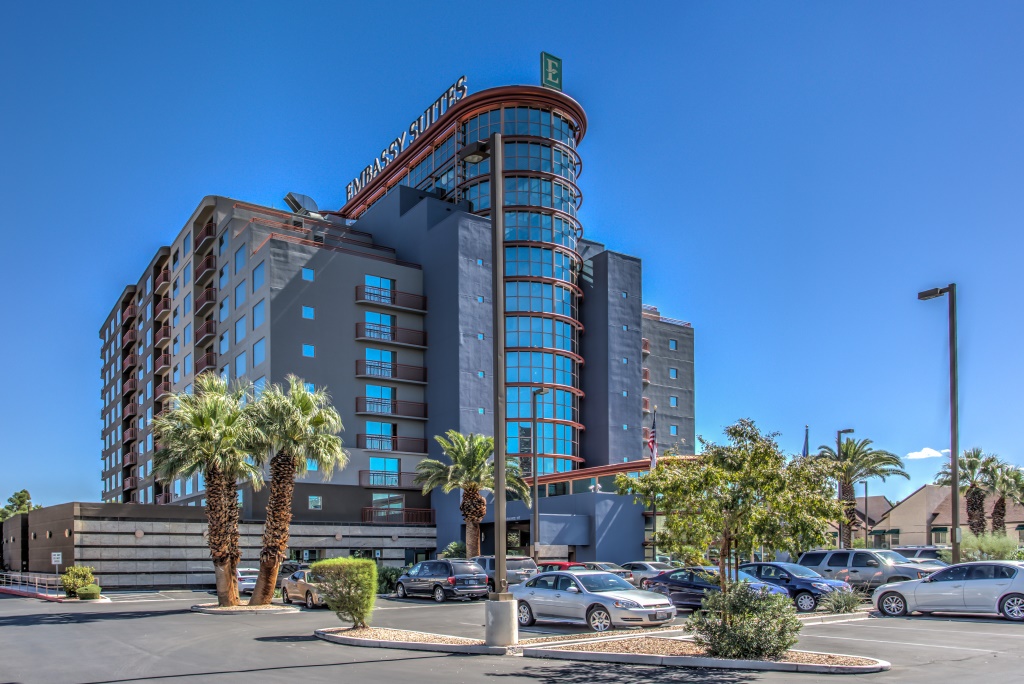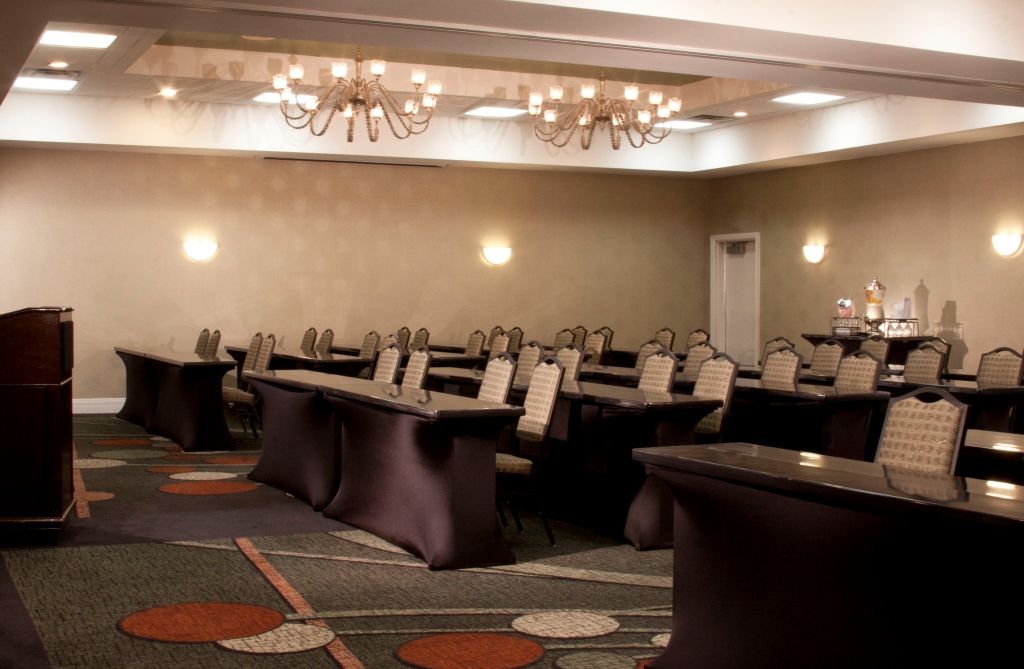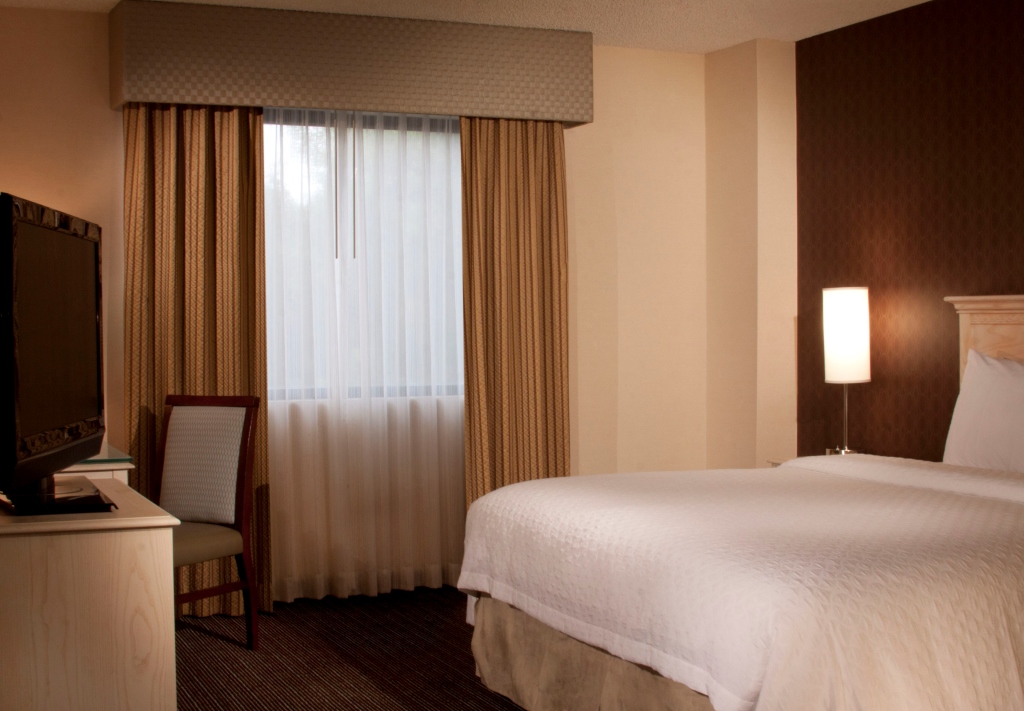Venue & Hospitality
Embassy Suites by Hilton Las Vegas
4315 Swenson Street
Las Vegas
Nevada 89119, USA
Conference Dates: Nov 07-09, 2016
Hotel Services & Amenities
- Audio/Visual Equipment Rental.
- Business Center.
- Business Phone Service.
- Complimentary Printing Service.
- Express Mail.
- Fax.
- Meeting Rooms.
- Office Rental.
- Photo Copying Service.
- Secretarial Service.
- Telex.
- Typewriter.
- Video Conference.
- Video Messaging.
- Video Phone.
- ATM.
- Baggage Storage.



Transportation
Driving Directions to
Embassy Suites by Hilton Las Vegas from McCarran International Airport:
Exit airport North onto Swenson Street exit. Stay on Swenson St. for approximately 1/2 mile. After crossing Harmon Rd. hotel entrance will be on the left (West) side of the street.
Distance from Hotel: 1.6 miles.
Drive Time: 4 min
Route Map
About City
Las Vegas is the most populous city in Nevada, the seat of Clark County, and an internationally renowned major resort city for gambling, shopping and fine dining. Las Vegas, which bills itself as The Entertainment Capital of the World, is famous for the number of casino resorts and associated entertainment. A growing retirement and family city, it is the 31st most populous city in the United States.
It is situated within Clark County in an arid basin on the desert floor, surrounded by dry mountains. The Spring Mountains lie to the west. Much of the landscape is rocky and dusty; the environment is dominated by desert vegetation and some wildlife, and the area is subject to torrential flash floods. Within the city there are many lawns, trees, and other greenery. Due to water resource issues, there is now a movement to encourage xeriscapes. Another part of the water conservation efforts include scheduled watering groups for watering residential landscaping. Las Vegas' climate is a subtropical, hot desert climate typical of the Mojave Desert in which it lies. The city enjoys abundant sunshine year-round: it has an average of about 300 sunny days per year with more than 3,800 hours of sunshine.
The city is home to several museums including the Neon Museum home to many of the historical signs from the valley, The Las Vegas Museum of Organized Crime and Law Enforcement, the Las Vegas Natural History Museum, Lied Discovery Children's Museum National Atomic Testing Museum, and the Old Las Vegas Mormon State Historic Park.
Las Vegas' climate is a subtropical, hot desert climate typical of the Mojave Desert in which it lies. The city enjoys abundant sunshine year-round; it has an average of about 310 sunny days per year. It is virtually free of tornadoes and ice storms. The summer months of June through September are very hot and mostly dry, with a July daily average temperature of 92.5 °F (33.6 °C), while nighttime temperatures often remain above 80 °F (27 °C). Las Vegas' winters are short and the season is generally mild. December, the coolest month, averages 47.7 °F (8.7 °C). The mountains surrounding Las Vegas accumulate snow during the winter, but snow is rare in the Las Vegas Valley itself.
